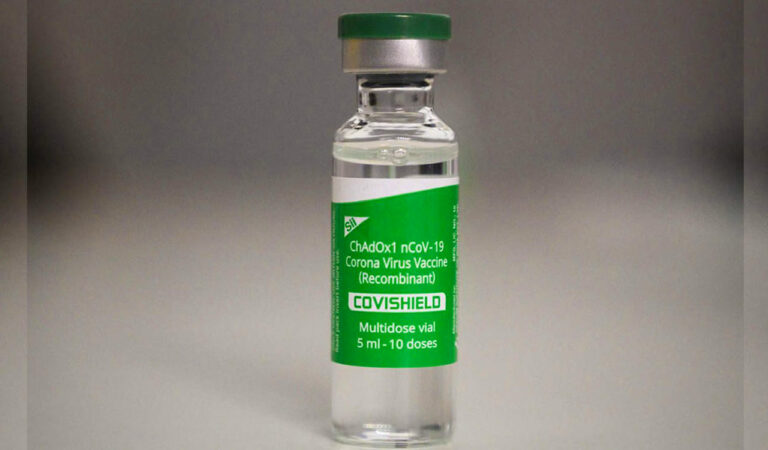
<!–
–>
Of the 4,838 prescriptions collected, 475 (which is 9.81%) had unacceptable deviations and the total number of drugs prescribed in these prescriptions was 1,696, which accounted for 3.5 drugs per prescription, the study said.
Updated On – 16 April 2024, 12:25 AM

Hyderabad: In a troubling trend, a country-wide study in government tertiary hospitals, taken up by the Indian Council of Medical Research (ICMR), has indicated that nearly half of the doctors give incomplete prescriptions to patients, which is a major risk to patient safety.
The ICMR study titled ‘Evaluation of prescription of tertiary care hospitals across India for deviations from treatment guidelines and their potential guidelines’, published in the Indian Journal of Medical Research (February 2024), said that 45 per cent of the doctors in such healthcare facilities (government and private) give an incomplete prescription of which 10 per cent of the prescriptions have totally unacceptable deviations.
“The overall prevalence of deviations found was 45 per cent of which unacceptable deviations were estimated to be 9.8 per cent. To minimise the deviations, clinicians recommended online training on rational prescribing and administrative directives as potential interventions,” the ICMR study, which examined 4,838 prescriptions of which the deficiencies were found in 2,171 prescriptions, said.
Of the 4,838 prescriptions collected, 475 (which is 9.81%) had unacceptable deviations and the total number of drugs prescribed in these prescriptions was 1,696, which accounted for 3.5 drugs per prescription, the study said.
The potential cost or risk to the patients due to these incomplete prescriptions could be increased cost to the patients, probability of an increase in the number of Adverse Drug Reactions (ADR) and drug interactions, development of Anti Microbial Resistance (AMR) due to drug abuse and even possibility of treatment of failure, the study pointed out.
In the study, outpatient prescriptions by physicians of various specialities in tertiary care, teaching government and private hospitals across India were analysed. Prescriptions of eligible patients exiting from OPD or hospital pharmacy were captured and analysed the prescriptions for appropriateness.
The most common drug prescribed inappropriately in the prescriptions with unacceptable deviations was pantoprazole.
The potential consequence of unacceptable deviations reported by the clinician was the increased cost of treatment.
To minimise the deviations, clinicians recommend timely prescription review and implementing continuous educational interventions on rational prescribing, the ICMR study said.
<!–
–>
Source | Powered by Yes Mom Hosting






